In this article
View 8 More +The Yorkillon is a cross of a Papillon and a Yorkshire Terrier. If you’re familiar with either breed, you know that their offspring is sure to be a tiny dog with a big personality. This description suits the Yorkillon perfectly.
Breed Overview
Height:
8-10 inches
Weight:
6-9 pounds
Lifespan:
12-15 years
Colors:
Black, fawn, sable, blue, red, white, silver, brown
Suitable for:
Families with older children, retired individuals, or couples
Temperament:
Intelligent, people-pleaser, loyal, affectionate
Loyal, intelligent, affectionate, and somewhat stubborn, the Yorkillon will be your best pal who lavishes you with attention and sometimes drives you crazy. They’re a great fit for apartment living as long as they get enough exercise and attention.
Keep reading to learn more about the Yorkillon and whether it’s the right breed for your family.
Yorkillon Characteristics

Yorkillon Puppies
These dogs will do well with families who have older children. They are very loyal and affectionate.
If you buy a Yorkillon from a breeder, make sure that you do your research about the breeder and their reputation. You don’t want a puppy from a breeder who has a reputation as a puppy mill. You should also ask to see the health records of the puppy’s parents. Good breeders will screen their breeding dogs for many common health conditions and the records will share this information with you.
An alternative to acquiring a puppy from a breeder is to check animal shelters and rescue organizations in your area. They may have Yorkillons available for adoption. You’ll save money and help save an animal’s life this way.
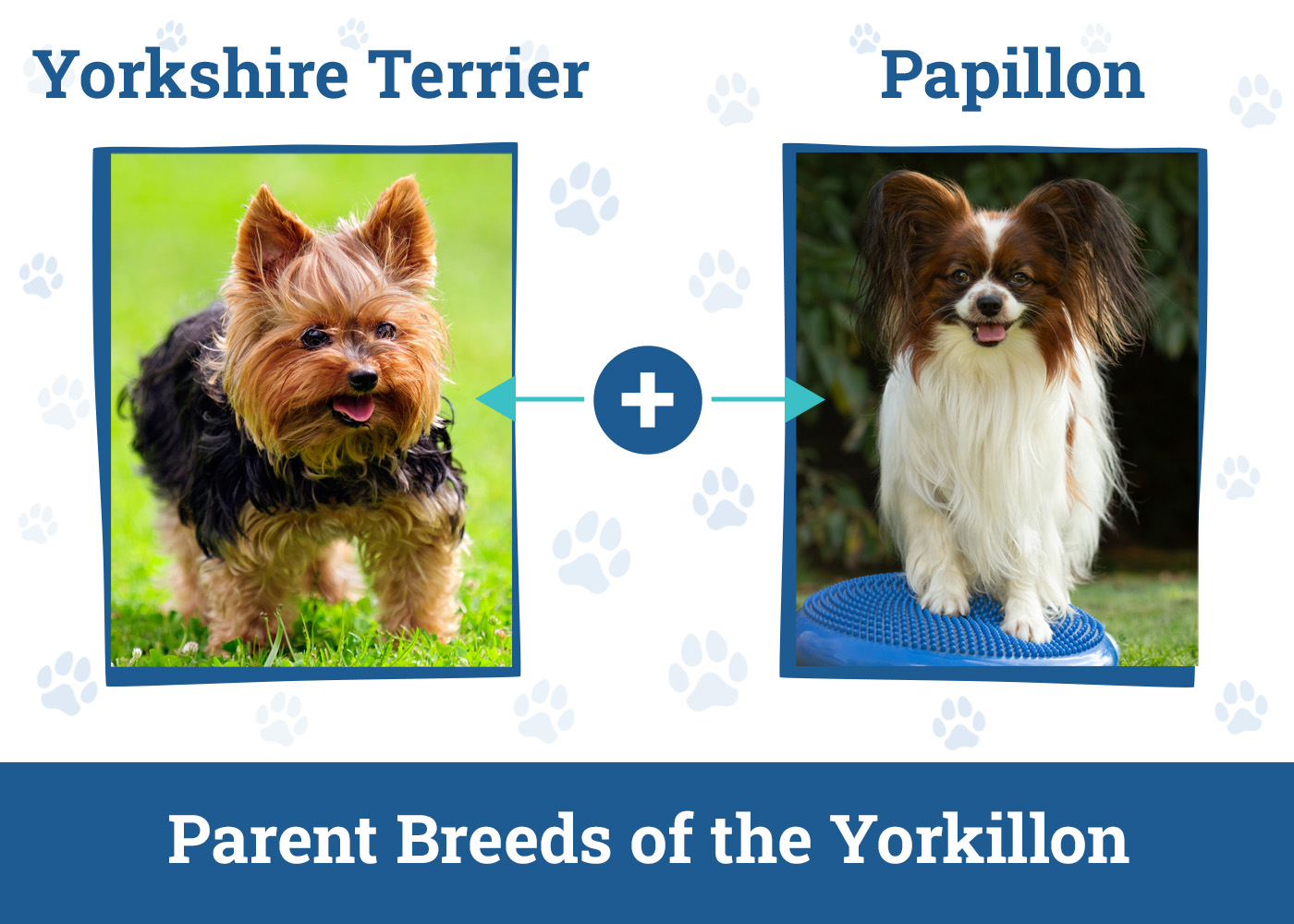

Temperament & Intelligence of the Yorkillon
The Yorkillon is a sweet, loyal, and intelligent dog. Along with these positive traits, they can also carry some more difficult ones, such as a tendency for stubbornness and wariness toward strangers. This breed loves its family and wants to please, but sometimes its desire to take its own path wins out. Training can help curb some of these less desirable traits.
Are These Dogs Good for Families?🏡
The Yorkillon is a good dog for the right family. They are teeny tiny dogs who can be injured by rough play. Therefore, families with small children aren’t an ideal match for a Yorkillon. Families with older kids who have been taught how to properly play with dogs are fine. The Yorkillon is also fine for single people or couples, as long as there’s enough attention to go around.
One of the most notable things about a Yorkillon is their loyalty to their people. This loyalty is charming but can become unpleasant if your dog isn’t socialized from a young age. Proper training and ensuring that your dog gets plenty of attention will help eliminate unwelcome behaviors such as nippiness, yapping, and destructive chewing.
Does This Breed Get Along with Other Pets?🐶 😽
The Yorkillon can get along with other pets if socialized from a young age. If this isn’t done, the Yorkillon can be nippy and aggressive toward other animals. They are also prone to jealousy if not given enough attention from their owner so make sure you’re not forgetting to make them feel loved.

Things to Know When Owning a Yorkillon:
Before bringing any pet into your home, you need to familiarize yourself with the animal’s unique needs and personality. All pets have specific diet, exercise, training, grooming, and healthcare requirements that must be met to give them a happy healthy life.
Food & Diet Requirements🦴
The Yorkillon is so small that it doesn’t require much food. However, it’s important to ensure that they’re eating high-quality dog food formulated for toy dogs. Typically, you can expect your dog to eat between ½ and 1 cup of food each day—this range is highly dependent on their age, appetite, and activity level. It’s best to divide their food into two meals. Limit treats and feeding outside of mealtimes to avoid begging from your pup.
Exercise🐕
The Yorkillon is relatively energetic and needs about an hour or so of exercise per day. Two walks and a few short play sessions should do the trick. One thing to keep in mind is that these dogs are not tolerant of extreme heat or cold. Be careful about the amount of time they spend outdoors when the weather is hot or cold.
Training🦮
Yorkillons are very smart and can be trained if it begins when they’re young. They are people-pleasers and like praise. However, these dogs are prone to stubborn streaks at times. They might decide that they prefer doing their own thing over listening to your commands. Consistency is the key to getting their behavior back on track.
Grooming ✂️
The coat of your Yorkillon can vary from the silky hair of the Yorkshire Terrier to the fluffy fur of the Papillon or somewhere in between. Regardless of the coat style, you’ll need to regularly brush your dog to prevent tangles from forming.
You’ll also want to clip their nails regularly. Tooth-brushing is a must as well. These dogs are prone to tooth decay and gum diseases.
- You might also be interested in: 11 Best Dog Wipes: Reviews & Top Picks
Health and Conditions✂️
Although they typically have a long lifespan, the Yorkillon is at risk for several serious health conditions. Making sure you only buy puppies from a reputable breeder, if you choose to use a breeder, is the first step to a healthy dog. Once they are yours, the best way to avoid having a dog with health problems is to feed them a healthy diet and give them plenty of exercise.
- Cataracts – Cataracts typically occur later in a dog’s life, although occasionally younger pups might be afflicted. Surgery might be needed as the disease is progressive and can lead to total blindness.
- Deafness – Deaf dogs can live full, happy lives. You just need to be prepared to spend extra time and energy on training.
- Von Willebrand’s Disease – This is a bleeding disorder in which a dog’s blood doesn’t clot properly. Transfusions and other therapy might be needed. Typically, keeping your dog safe from injury and rough play will help prevent complications from this genetic disorder.
- Legg-Calve-Perthes Disease – This condition often affects smaller dog breed The hip joints don’t grow properly and eventually stop growing before the dog is one year old. Surgery is required to relieve pain and help the dog walk properly.
- Porto-Systemic Shunt – Dogs with this condition are born with a defect in the liver. The liver doesn’t take in and detoxify blood leading to a host of problems including seizures, comas, heavy drooling, and disorientation. Surgery is required to remedy the condition.
- Luxating Patellas – This causes a dog’s kneecaps to dislocate at random. In severe cases, surgery is required to fix the problem.
- Mitral Valve Disease – Essentially a heart murmur, this condition generally affects older dogs. If your dog is impacted, they’ll need regular checks and perhaps medication to ensure they live to their full lifespan.
Male vs Female
There are few noticeable differences in appearance and temperament between male and female Yorkillons. The only possibility is that a male might weigh slightly more, although not usually more than 1 pound.

3 Little-Known Facts About the Yorkillon
1. They go by several different names.
While Yorkillon is the most commonly used, you might also see these mixed breeds referred to as a Papa-Shire, Papiyork, or a Yorkie-Pap.
2. The Yorkillon doesn’t think it’s a toy breed.
Like many small dogs, the Yorkillon thinks it’s much bigger than it is. They tend to be very brave and will yap at and run towards dogs many times their size.
3. The Yorkillon can sport several hairstyles.
The Papillon and Yorkie have very different hair types with medium to long hair and silky or fluffy textures. Thus, their offspring can resemble one parent more closely than the other. They can also have a mix of coat types that don’t look like either parent.

Final Thoughts
Yorkillons are adorable little dogs who are known for being fiercely loyal to their families. They are an excellent choice for a family with older kids or an older couple who has time and energy to dote on their pet. Proper training and socialization will help you enhance your dog’s positive traits while avoiding some of the negative ones that come along when a Yorkillion’s needs aren’t met.
See Also:
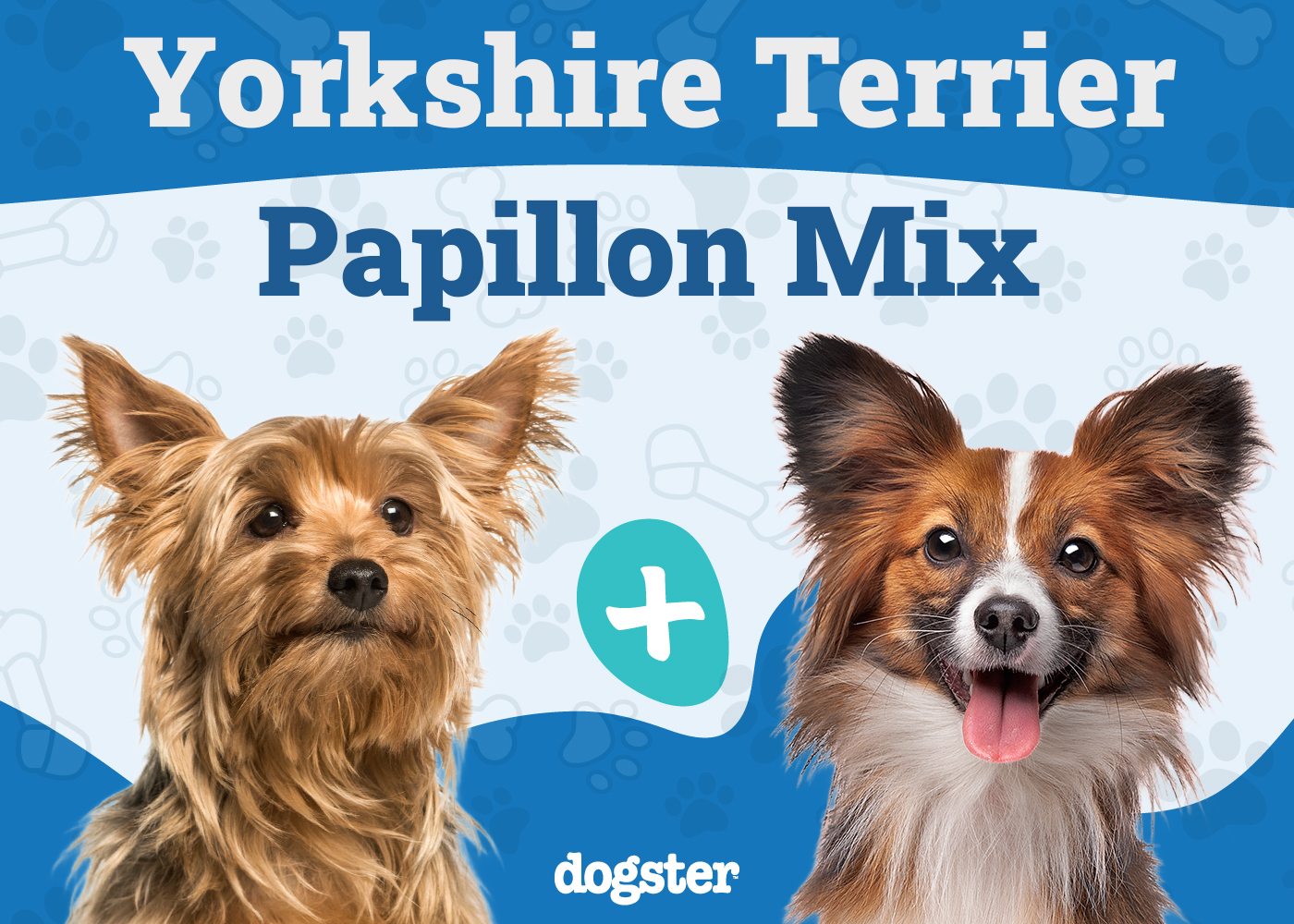








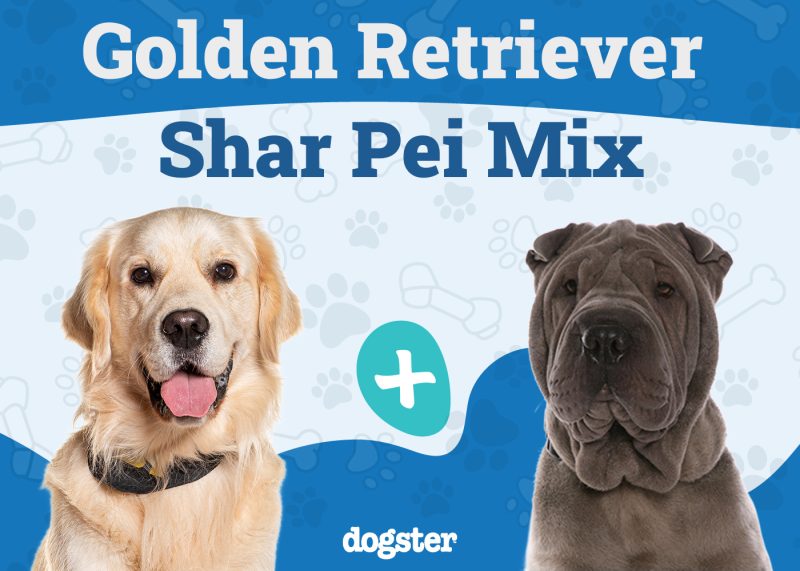
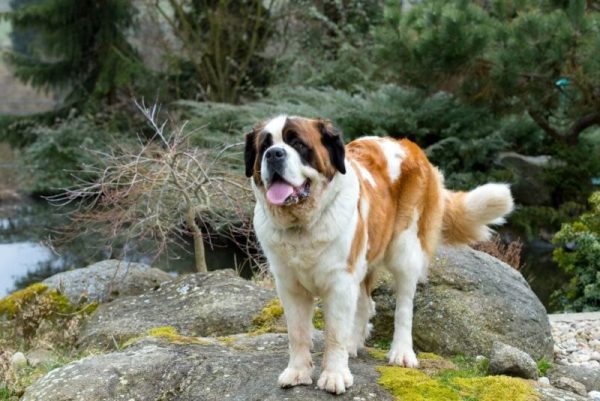
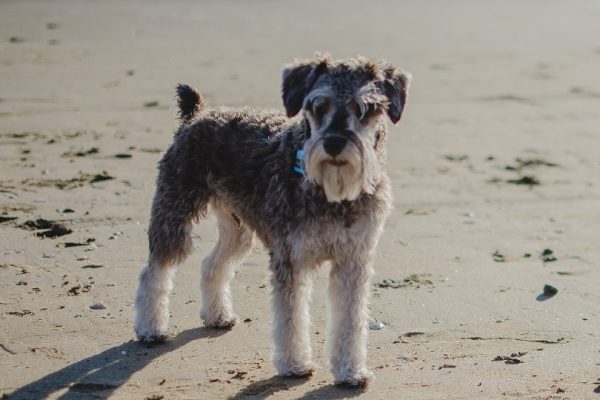



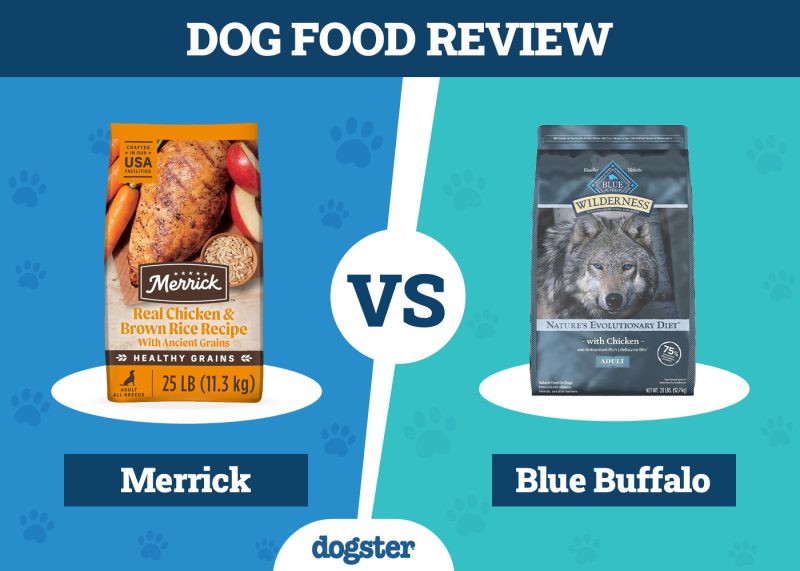


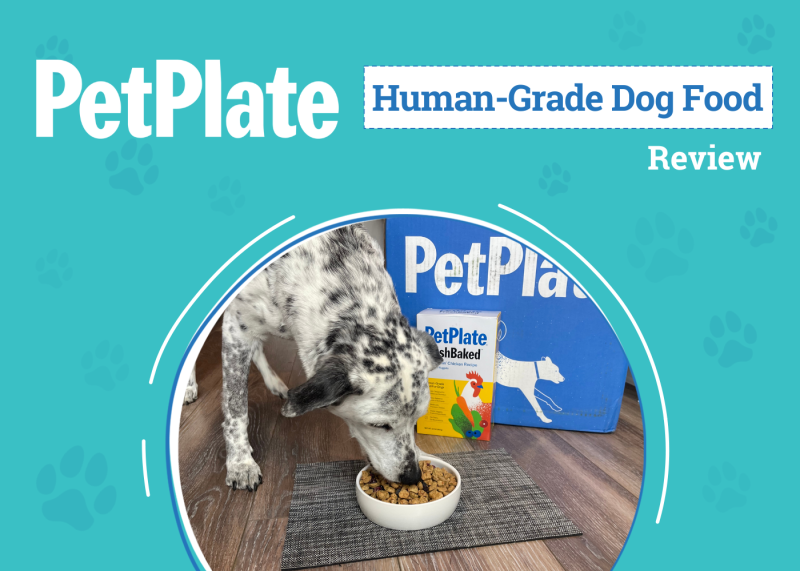
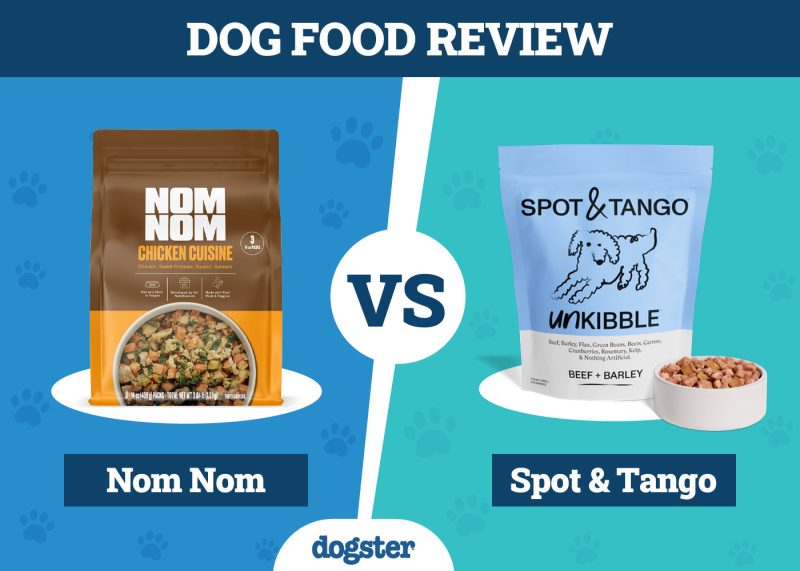
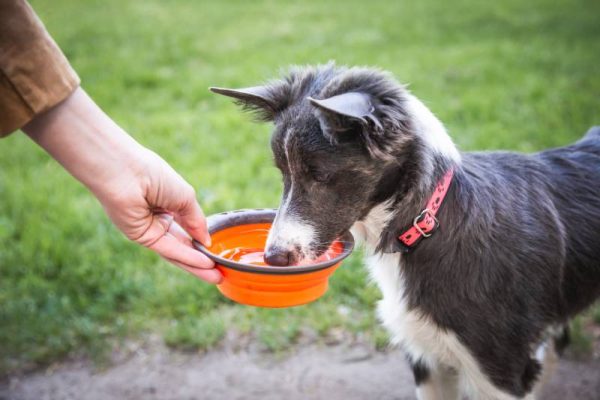



One Response
My husband and I purchased a Yorkillon when she was 2 months old.. she is 7 months to date. I usually prefer a full blood Papillion, but once I saw this breed I couldn't resist her/ Pepper.. She is bringing us so much joy and laughter in our home, Pepper is a very welcoming addition to our lives.